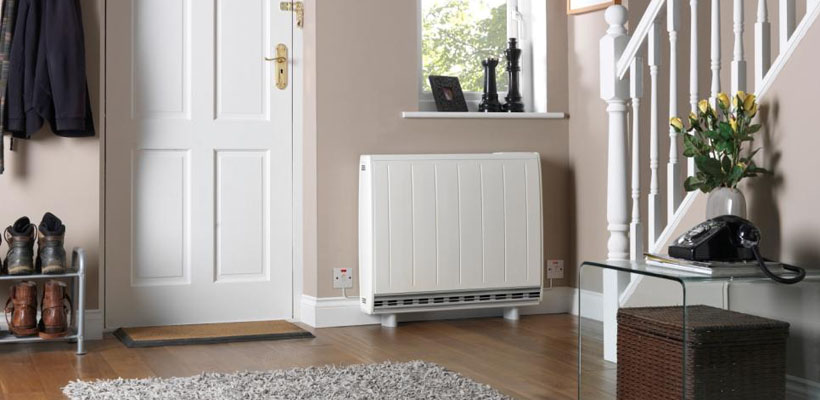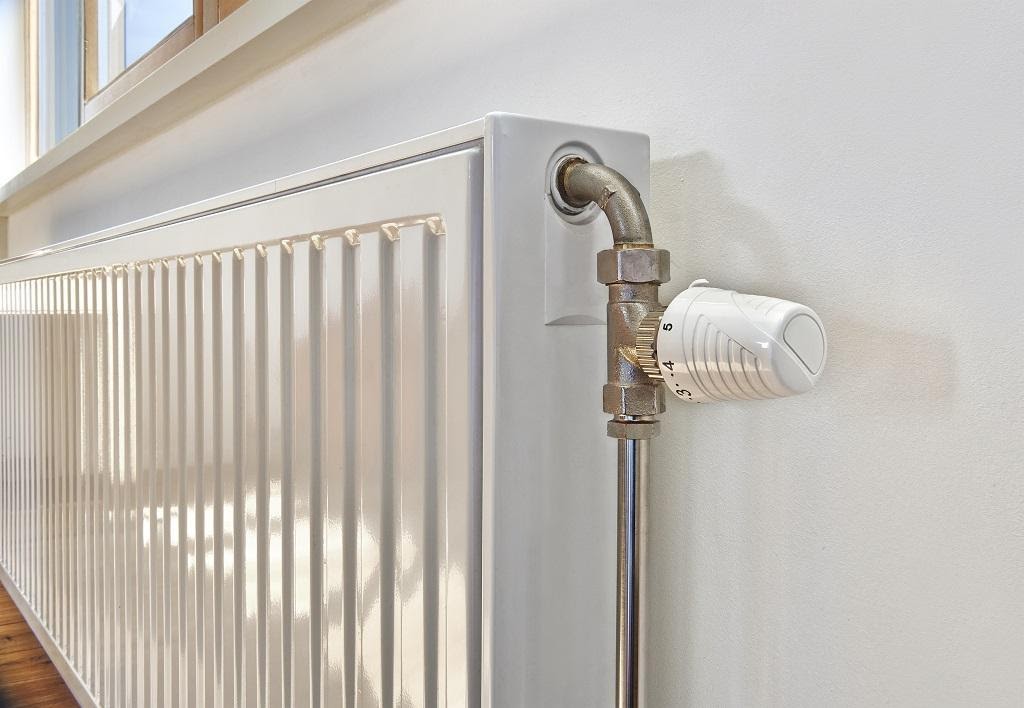As a homeowner, taking good care of your electrical appliances should be your primary concern. It is these appliances that create the best conditions in your home for a comfortable life. For example, a heater makes your home warm when everything else is freezing outside.
A heater is an essential part of your home that you shouldn’t ignore. To prolong the life of your heating system, here are some essential tips you need to know.
1. Administer Scheduled Maintenance
As stated above, heaters are sensitive electrical units that can easily break down. Therefore, being proactive and making the necessary repairs and maintenance work on heating appliances done by professionals from airxtremellc.com twice a year to prevent any problems
Homeowners who regularly repair their systems usually report considerable benefits of their systems, and you could also enjoy those benefits by scheduling maintenance of your heater. Some of these benefits include:
- Reduced risk of illness
- Improved indoor warmth
- Improved indoor air quality
- Comfortable living environment
- Lowered energy bills
- Upgrade to the thermostat.

An internal thermostat heavily controls the heat produced by your heater. The more efficient the thermostat is, the better your heater works. By having a smart thermostat, you will be able to control the heater and the amount of heat it produces.
You can instruct the heater to slightly heat your room when you’re away and work harder when you are back at home. A heater that works efficiently can serve you for many years as compared to an inefficient heater.
2. Help Your System Out
If you want a heater to serve you for many years, you need to devise innovative strategies to help it serve you better. Sometimes you don’t have to turn the heater on when there is sufficient warmth from the sun. All you have to do is open your windows and doors to allow sun rays to warm your home and keep your heater working at night.
In addition, insulating your home will reduce the workload of your heater. Sometimes you will have to switch the heater on in specific rooms and switch it off in the rooms that are not in use.
3. Replace Fuses Regularly
Most, if not all, electrical systems have fuses to control the amount of electric current that the unit receives. Unfortunately, fuses are not meant to last forever, and they usually need replacement every few months.
Be proactive and replace your fuses after every three months. Replacing these essential components is an aggressive way of ensuring that your system does not get short-circuited in the aftermath of a power outage. With new fuses, your system will always operate at optimum levels and will never blow out due to sudden amperage increases.

4. Remove Common Obstructions
Your heating system will always have some obstructions coming from the outer part of your house. Some of these common obstacles include debris, leaves, dirt, and vegetation around the house. Obstacles force your heater to work harder and could lead to quick wear and tear.
To prolong the lifespan of a heater, you need to clear vegetation around the unit and ensure a free flow of air. Removing other debris like dust, clumps, and pest nests will have a significant impact on the efficiency of your heating unit.
5. Working with Heating Experts
The average lifespan of a heating unit is 20 years. However, without professional care and maintenance, your unit may become obsolete in ten years’ time, which can have a significant impact on your family budget.
Regardless, working with a team of experienced heating installation and repair experts, a heating unit can serve you for more than twenty years (Source: https://hvacallianceexpert.com/heating-maintenance/). Besides, the right technicians can enhance its efficiency and thereby helping you save bigly on energy bills.






